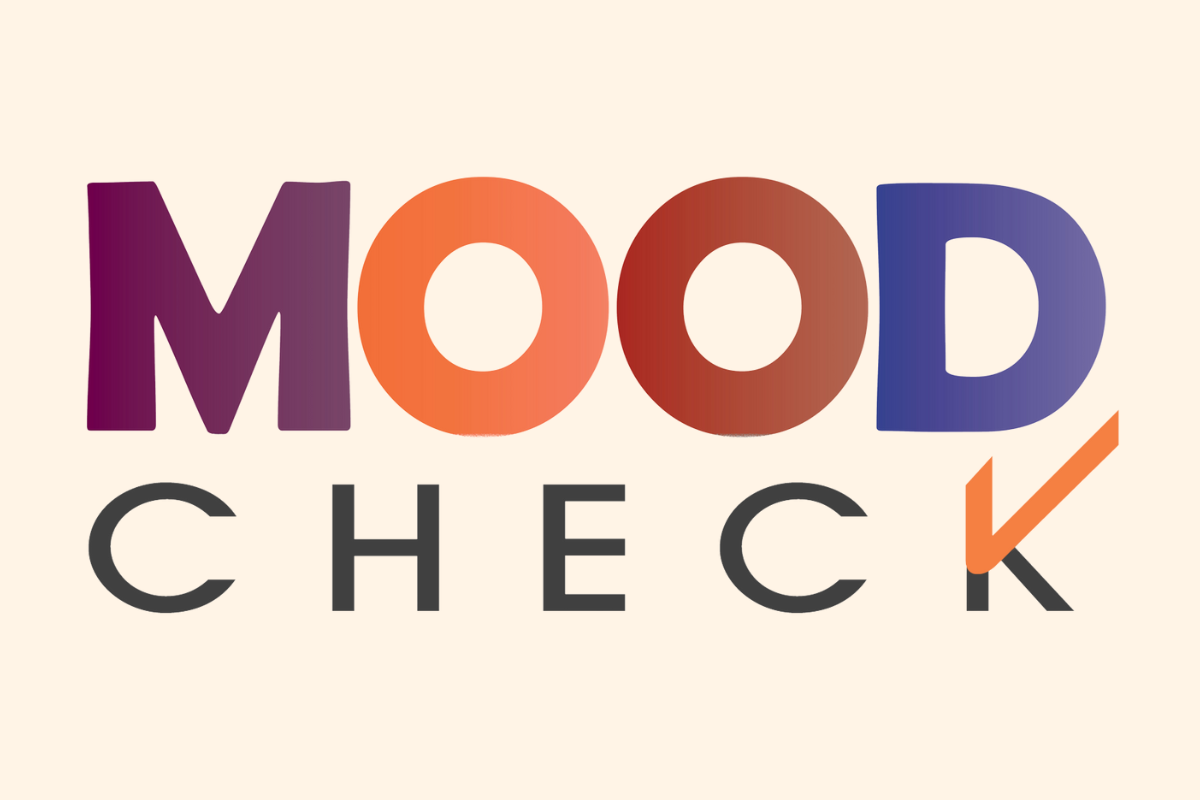While depression is a common problem among adolescents, it can be a challenge to identify teens at risk for or suffering from depression. This program addresses this critical issue by providing school-based mental health screening to all students in designated grades and offering additional support to adolescents at high risk for depression and/or suicidal behaviors.
The program provides:
- Resources that increase the school community’s mental health awareness and literacy, which serves as a prevention tool for adolescent depression
- Two-level screening for students, including universal, self-reported screening for all students followed by in-depth interviews with students who are identified as high risk
- Communication with parents/guardians about youth depression and resources
- More significant follow-up (both immediate and long-term) for parents/guardians of high-risk teens
- Referral access for all school families
Importance of Preventing Depression in Adolescents
The average age for the onset of depression is 15. Recent studies show that 13-15% of teens aged 12-17 have suffered at least one depressive episode, up from 8% in 2007. In addition, suicide is the second leading cause of death among adolescents in the United States.
There are several short-term and long-term consequences of adolescent depression. Short-term consequences include difficult family/peer relationships, impaired school and work performance, increased risk for substance abuse, and increased suicidal behavior. Long-term consequences include poor functional outcomes in adulthood, reduced life satisfaction, higher rates of suicide attempts, more psychiatric and medical hospitalizations, lower educational attainment, and more time out of work. Having a depressive episode in adolescence or young adulthood increases the risk of having an episode later on, making early prevention efforts of utmost importance.
Depression Prevention in Schools
Research indicates that prevention programs can reduce the incidence of both depressive symptoms and depressive episodes. Addressing depression and suicidal behavior in the school setting can be particularly effective. The 2021 Surgeon General’s report on youth mental health reports that educators are well-positioned to notice early signs of depression. Additionally, research shows that teens prefer to receive mental health services in schools, rather than in mental health specialty settings.
Dr. Tracy R.G. Gladstone
Dr. Gladstone is a senior scholar at the Wellesley Centers for Women at Wellesley College. She is also an assistant in psychology at Boston Children’s Hospital, an instructor at Harvard Medical School, and a research scientist at Judge Baker Children’s Center. For the past 25 years, Dr. Gladstone has focused her research on the development, implementation, evaluation, and dissemination of preventive interventions targeting depression in children and families. She is trained in a variety of different intervention approaches and has co-authored a number of peer-reviewed manuscripts reporting the results of her research. She has taken an active role in teaching about depression, prevention, and intervention in local, national, and international settings.
Watch: Supporting Adolescent Mental Health in the 'New Normal'
On October 27, 2021, the Wellesley Centers for Women hosted “Supporting Adolescent Mental Health in the ‘New Normal,’” a virtual Social Change Dialogue on how educators, parents, and school communities can come together to support mental health for middle school and high school students.
Panelists included Dr. Gladstone, WCW Postdoctoral Research Scientist Katherine R. Buchholz, Ph.D., Principal David Jordan, Ed.D., of Robert Adams Middle School in Holliston, MA, and School Psychologist Deanna Kanavas-DeRocher, Ed.S., LMHC, of Natick High School in Natick, MA.





